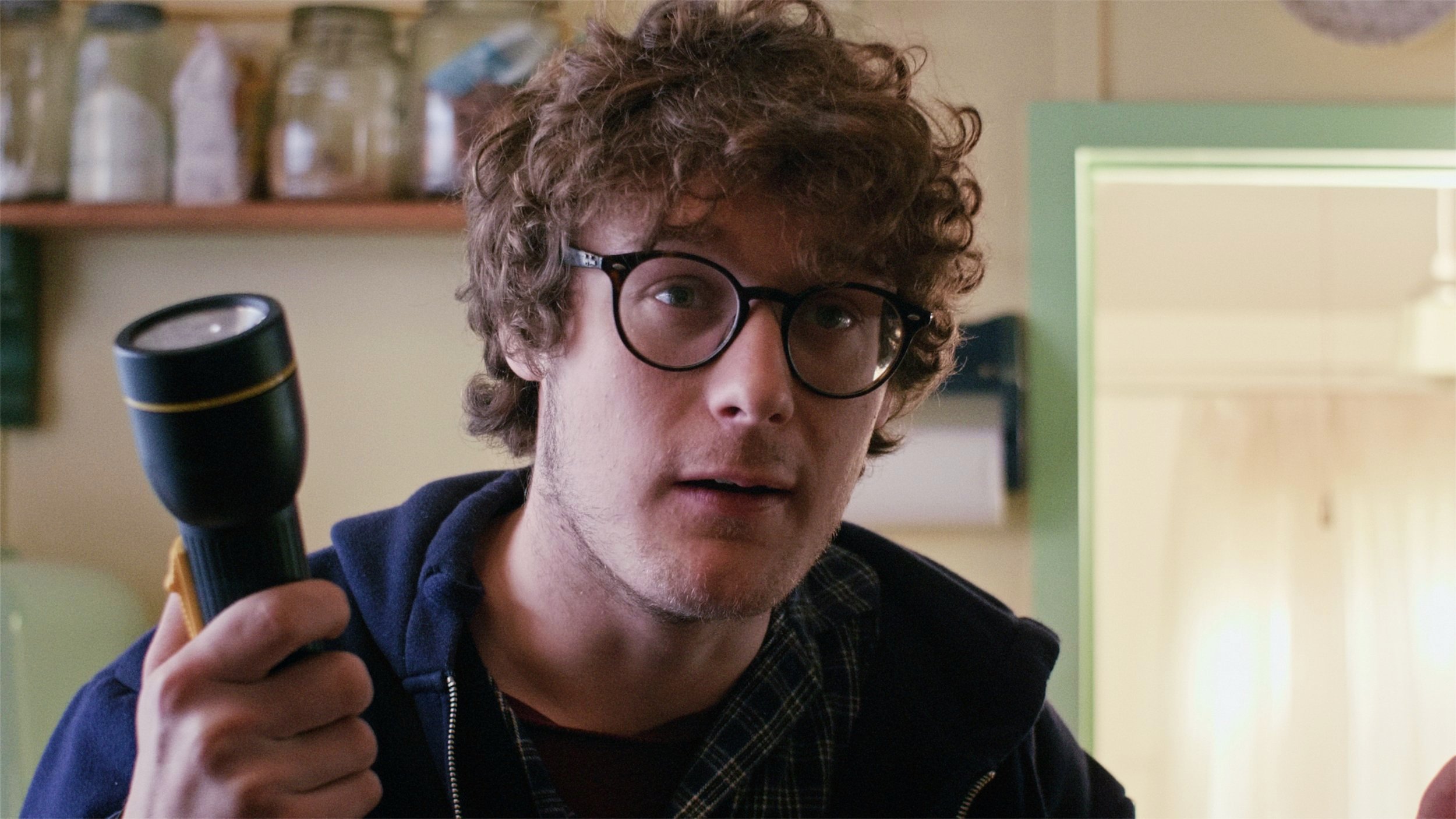
A young New Zealand couple are at a personal crossroads when online dependency threatens their relationship.
Log Line:
Directors Statement
Alexander Campbell
A background in theatre brings a preference for dramas that comment on current social concerns. Stylistically, the film goes some way toward a comparison to Kammerspiel and Bergman’s Chamber Films. As a visual artist, I have an attraction to the work of Caravaggio and chiaroscuro. Chiaroscuro to enhance volume and depth, deep contrasts, as in the candlelit scene, heighten a sense of drama and atmosphere and the use of the warmth and richness of colour to influence mood and physiological reactions. All in the endeavour to capture a sense of beauty even when dealing with sad and uncomfortable circumstances. On the edges, the unity of time and action are subverted, and a sense of uncertainty sits juxtaposed to the issue of Truth. The layering of references not only intend a diversity of impressions but encourage revisioning of the ideas put forward for debate within the script itself. The film concludes with Daniel confronted by his image in the darkened window. To see “through a glass” — a mirror — “darkly” is to have an obscure or imperfect vision of reality.
Mark Solter
Everyone Writes Memoir, for me, became an experiment in a slower current when people grow apart and a behaviour in the spirit of concealment ensues. Consequently, it was important to experiment in degrees of hiding and veiling, with a layering of time frames and allegory, to get to the heart of Daniel’s and Mia’s insolvent relationship. A bond tested by shifting expectations, the convenience of distraction, and a perception of self-awareness gutted through device dependency.
Find Out More
About the production team involved
